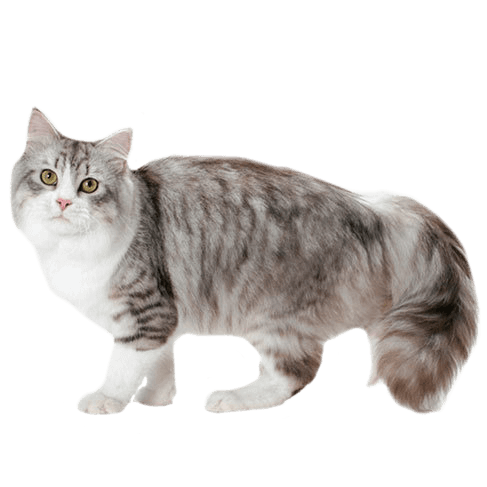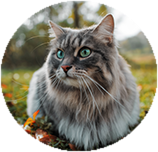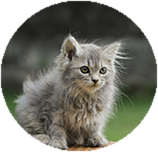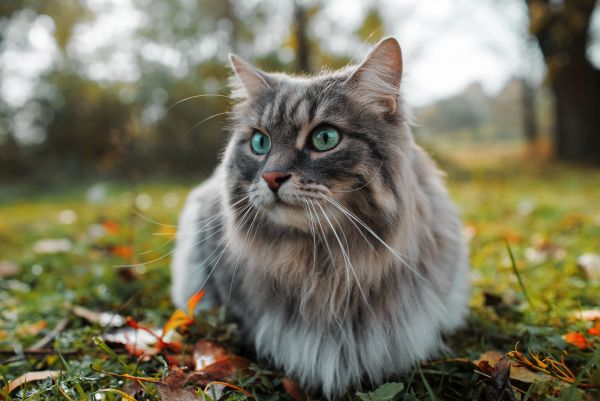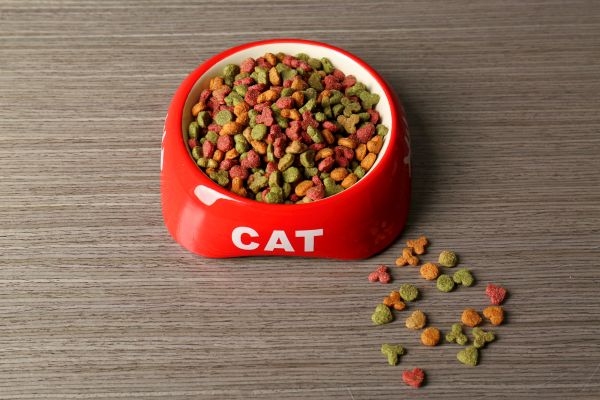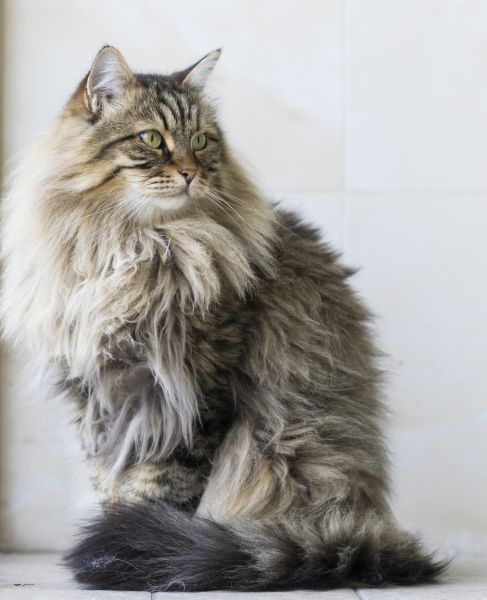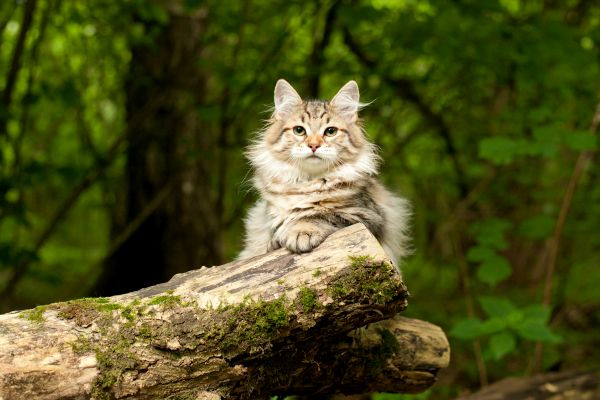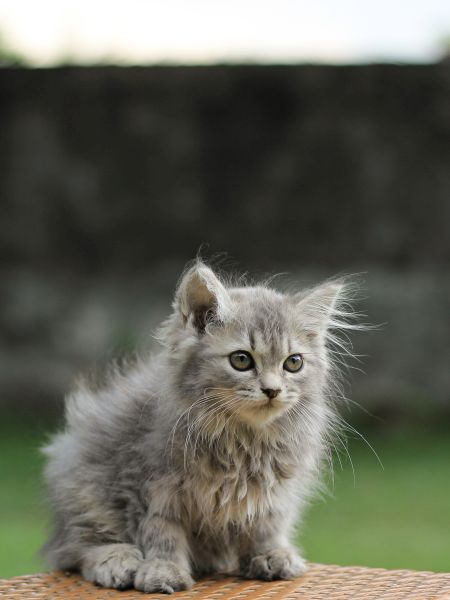[{
"url":"/pet-information/cat/advice/a-guide-to-healthy-teeth/",
"image":"images/thumbs/mixed-sizes/2025/clean-cats-teeth.png",
"tags":"",
"species":"cat",
"categories":"young adult senior brianFaulkner",
"title":"How to clean your cat’s teeth – and why it’s important for their health",
"intro":"Regularly cleaning your cat’s teeth helps prevent dental problems like…",
"meta":"Brushing your cat’s teeth helps reduce the likelihood of dental illnesses like gum disease. Here’s how to clean a cat’s teeth.",
"featured":"",
"listingcustombuttontext": ""
},{
"url":"/pet-information/cat/advice/are-cats-colour-blind/",
"image":"images/thumbs/mixed-sizes/2025/cats-colour-blind.png",
"tags":"",
"species":"cat",
"categories":"young adult senior health brianFaulkner",
"title":"Are cats colour blind?",
"intro":"Can cats see colour or are they completely colour blind?…",
"meta":"Can cats see colour, and what colours can cats see? Here’s everything you need to know about a cat’s eyesight.",
"featured":"",
"listingcustombuttontext": ""
},{
"url":"/pet-information/cat/advice/can-cats-and-dogs-be-vegan/",
"image":"images/thumbs/mixed-sizes/2025/cats-dogs-vegan.png",
"tags":"",
"species":"cat",
"categories":"young adult senior health brianFaulkner",
"title":"Can cats and dogs be vegan?",
"intro":"As veganism continues to grow in popularity, many pet owners…",
"meta":"Veganism is on the rise – but can cats and dogs eat a vegan diet as well? Here’s what you need to know.",
"featured":"",
"listingcustombuttontext": ""
},{
"url":"/pet-information/cat/advice/do-cats-miss-their-owners/",
"image":"images/thumbs/mixed-sizes/2025/cats-miss-owners.png",
"tags":"",
"species":"cat",
"categories":"young adult senior youYourPet nickyTrevorrow",
"title":"Do cats miss their owners?",
"intro":"You might miss your cat – but do they miss…",
"meta":"You might miss your cat – but do cats miss their owners? We uncover whether our feline friends pine for us when we go on holiday in our article.",
"featured":"",
"listingcustombuttontext": ""
},{
"url":"/pet-information/cat/advice/signs-of-a-happy-cat/",
"image":"images/thumbs/mixed-sizes/2025/is-cat-happy.png",
"tags":"",
"species":"cat",
"categories":"young adult senior behaviour nickyTrevorrow",
"title":"Is your cat happy?",
"intro":"Cat emotions can be subtle, so how can you tell…",
"meta":"From purring and kneading to chirruping, here are 12 classic signs your cat is happy – and what to do if you notice they’re not as cheerful as normal.",
"featured":"",
"listingcustombuttontext": ""
},{
"url":"/pet-information/blog/all-you-need-to-know-about-pet-proofing-your-home/",
"image":"images/blog-assets/Pet-proof.jpg",
"tags":"",
"species":"cat",
"categories":"young adult senior youYourPet",
"title":"Pet-Proofing Your Home",
"intro":"Pet-proof your home with expert tips from Petplan. Protect pets…",
"meta":"Pet-proof your home with expert tips from Petplan. Protect pets from hazards, prevent damage, and keep your space safe and stylish for everyone.",
"featured":"",
"listingcustombuttontext": ""
},{
"url":"/pet-information/cat/advice/best-heated-cat-beds/",
"image":"images/thumbs/mixed-sizes/2025/how-to-choose-a-heated-cat-bed.jpg",
"tags":"",
"species":"cat",
"categories":"young adult senior youYourPet",
"title":"How to choose a heated cat bed for your cat",
"intro":"Most cats love to find the warmest place in the…",
"meta":"Find everything you need to know about buying the perfect heated cat bed, with tips on how to encourage your pet to snuggle up and enjoy cosy naps.",
"featured":"",
"listingcustombuttontext": ""
},{
"url":"/pet-information/cat/advice/how-weather-affects-your-cats-mood/",
"image":"images/thumbs/mixed-sizes/2025/can-cats-moods-be-affected-by-the-weather.jpg",
"tags":"",
"species":"cat",
"categories":"young adult senior health",
"title":"Can a cat's mood be affected by the weather?",
"intro":"The cold weather and long nights sometimes affect our mood…",
"meta":"Do cats get sad as the weather gets colder and the nights draw in? Find answers to your questions about cats’ moods here.",
"featured":"",
"listingcustombuttontext": ""
},{
"url":"/pet-information/cat/advice/cat-neutering-cost/",
"image":"images/thumbs/mixed-sizes/2024/cat-neutering.png",
"tags":"",
"species":"cat",
"categories":"cat young kitten health 3m-6m",
"title":"Should I spay or neuter my kitten?",
"intro":"Find out everything you need to know about neutering your…",
"meta":"Find out how much it costs to neuter a cat, what’s involved in neutering, and the benefits of this simple yet important operation.",
"featured":"",
"listingcustombuttontext": ""
},{
"url":"/pet-information/cat/advice/hyperthyroidism-in-cats/",
"image":"images/thumbs/mixed-sizes/2024/cat-hyperthyroidism.png",
"tags":"",
"species":"cat",
"categories":"young adult senior health",
"title":"How to tell if your cat has hyperthyroidism",
"intro":"As cats become older, they can develop hyperthyroidism. Find out…",
"meta":"Understand how to spot the warning signs of hyperthyroidism in cats and learn the different ways to help your pet lead a happy and healthy life.",
"featured":"",
"listingcustombuttontext": ""
},{
"url":"/pet-information/kitten/advice/welcoming-your-new-cat/",
"image":"images/thumbs/mixed-sizes/welcoming-new-cat-banner.jpg",
"tags":"",
"species":"cat",
"categories":"young adult senior behaviour kitten gettingKitten",
"title":"Welcoming your new cat",
"intro":"Wondering how to settle a cat into a new home?…",
"meta":"Settling a cat into a new home is exciting – but you’ll also need patience as they adjust. Use these tips to help your cat feel relaxed and at home.",
"featured":"",
"listingcustombuttontext": ""
},{
"url":"/pet-information/cat/advice/what-your-cat-should-not-eat/",
"image":"images/thumbs/mixed-sizes/2024/what-should-cats-not-eat.png",
"tags":"",
"species":"cat",
"categories":"young adult senior health video",
"title":"What your cat should not eat",
"intro":"Cats of all ages like to explore and play by…",
"meta":"We all know our cat’s favourite treats, but what should cats not eat to ensure that they are happy, healthy and safe, whatever their age?",
"featured":"",
"listingcustombuttontext": ""
},{
"url":"/pet-information/cat/advice/why-does-my-cat-follow-me/",
"image":"images/thumbs/mixed-sizes/2024/cat-following-me.png",
"tags":"",
"species":"cat",
"categories":"young adult senior behaviour",
"title":"Why does my cat follow me?",
"intro":"If you’ve got a feline follower, you’re certainly not the…",
"meta":"Why does my cat follow me everywhere? Find the answer to this common question, when it might be a problem and how to gently divert your cat's attention.",
"featured":"",
"listingcustombuttontext": ""
},{
"url":"/pet-information/cat/advice/how-much-should-i-feed-my-cat/",
"image":"images/thumbs/mixed-sizes/2024/cat-how-much-to-feed.png",
"tags":"",
"species":"cat",
"categories":"young adult senior health",
"title":"How much should I feed my cat?",
"intro":"If you’re wondering what to feed cats, we uncover the…",
"meta":"How much should I feed my cat? From knowing the right amount of food to feed your cat to how many times per day, here’s everything you need to know.",
"featured":"",
"listingcustombuttontext": ""
}]
